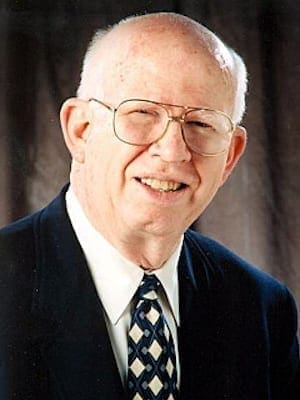I heard the devastating news of the shooting at First Baptist Church of Sutherland Springs, Texas, when I returned home from church.
The horror of that incident is almost too much to comprehend. How can a single individual harbor that much hate? I have no idea.
I am the product of a small town and a small village church where everyone knew everyone. I am also the product of a Baptist church where fellowship is next to godliness.
Although my current church, First Baptist of Charleston, South Carolina, is much larger, worship and fellowship walk hand in hand.
We know that it could happen here. In fact, it did happen here only a few blocks away at Mother Emanuel AME Church. That horror is still with us and remains an open raw wound.
We know why Dylann Roof carried out his massacre. We don’t yet know what the Texas shooter’s motives were. Whatever his motive, we know that he was in a mental health facility in 2012.
When I was in graduate school, I had an apartment which was behind an unrented unit. There was an unsecured connecting door.
After a night that included fending off would be intruders, I resolved to purchase a gun. At some point, I realized that the only person that I would injure with a gun would be myself.
I knew that I could be deadly at close range with a wooden baseball bat; therefore, I bought a baseball bat instead. I knew that another gun was a recipe for disaster. There are too many guns now.
I know the arguments for gun rights. I also know that we cannot just do nothing. We can engage in a reasonable dialogue at the very least.
How does our religious faith impact our day-to-day lives? What action steps can we take as a community of faith to bring about greater safety at home and away?
Of course, we must remain vigilant to any threat. When we see something, we must say something. But we can do more.
Where does our faith fit in this struggle? What do we really believe?
I grew up in a culture of guns, but not in a household of guns. My dad had a 12-gauge shotgun that stayed in the corner for as long as I can remember. I don’t know what happened to it. It disappeared at some point.
Two of my teenage friends were playing with an “unloaded” pistol in their home. The pistol fired, and one brother was paralyzed from the waist down and spent the rest of his life in a wheelchair.
Our church employs an off-duty police officer on Sunday mornings. He is usually in the parking lot but parks his patrol car in front of the church.
Our leaders are trying to protect us, and, sadly, it seems to be a necessity these days. But my heart sinks every time I see it. For me, it sends a chilling message.
I am not naïve. We are a downtown church. We must take reasonable steps to protect those who worship with us.
I and three others are greeters. We are not armed nor would I ever want to be. Although we know most of those who enter, we are a historic church with visitors from all over the world.
One of us tries to talk with every visitor, but we know that we miss some. There is a second set of doors that leads to the sanctuary.
These add a little more security, but not much. Our minister is very good about referring troubled members for counseling.
No guns could have prevented the tragedy at Emanuel AME Church. After all, the shooter sat and worshipped with his victims for an hour before launching his attack.
As a community of faith, our challenge is to change hearts. That means we must be more relevant to today’s world.
We must defeat hatred and disrespect for others. We must make it a priority to make friends. We must find a way to let our faith infuse our daily lives. We must ask ourselves, “What does it really mean to be people of faith?”
Our local newspaper ran a feature article based on the question, “How Can Your Faith Contribute to Better Race Relations?”
Perhaps it is time to ponder a different question: How can our faith create a more harmonious environment and reduce the violence in our culture?
If every congregation would open a dialogue on that topic, we might begin to make some progress. There are no easy answers, but we must diligently search for those that are consistent with our faith.
Mitch Carnell is a member of First Baptist Church of Charleston, South Carolina. He is the author of “Our Father: Discovering Family.” His writings can also be found at MitchCarnell.com and ChristianCivility.com.
A member of First Baptist Church of Charleston, South Carolina, he was the author of “Our Father: Discovering Family.” Mitch’s writings can be found at MitchCarnell.com.

